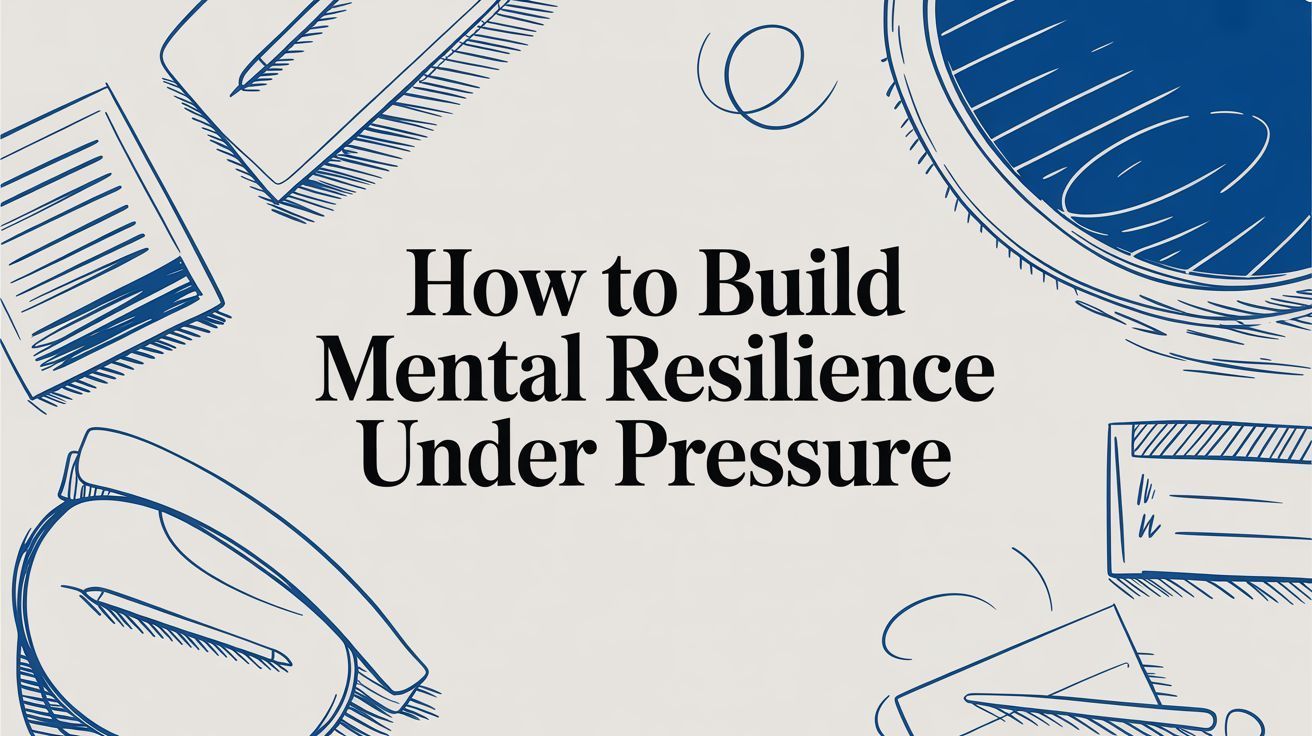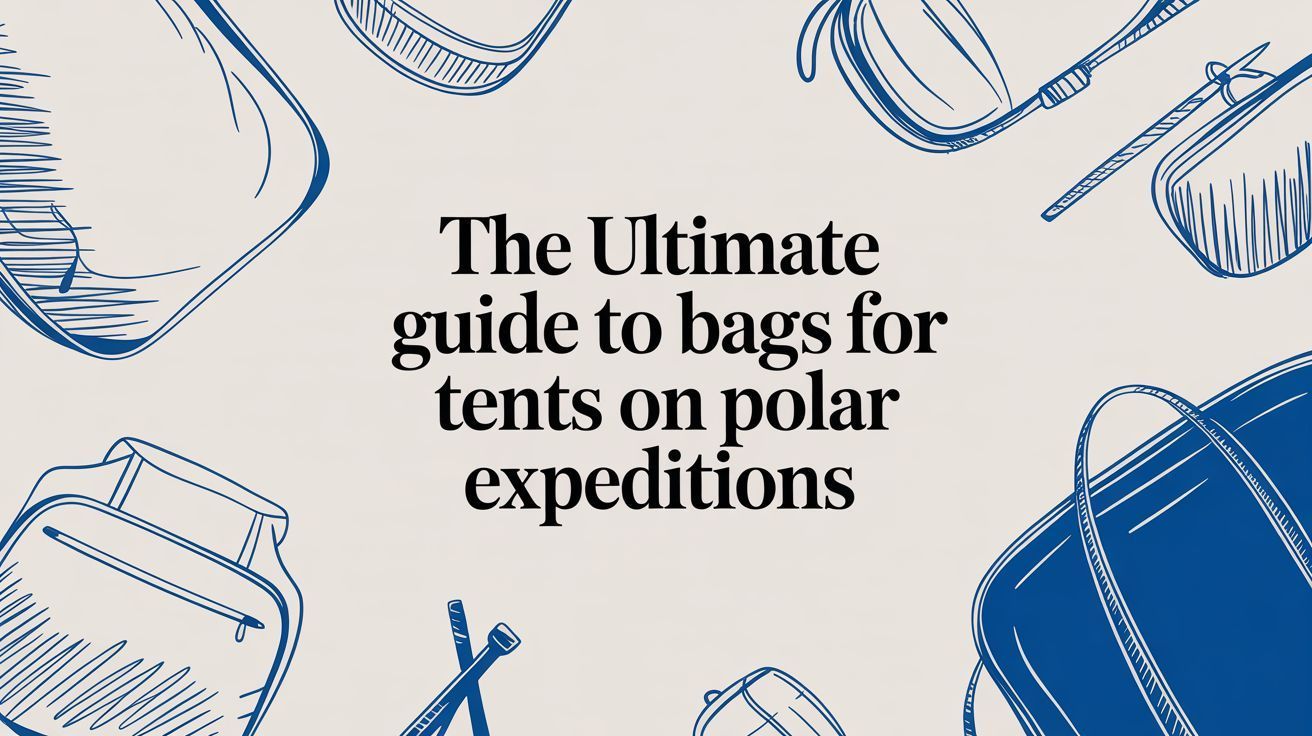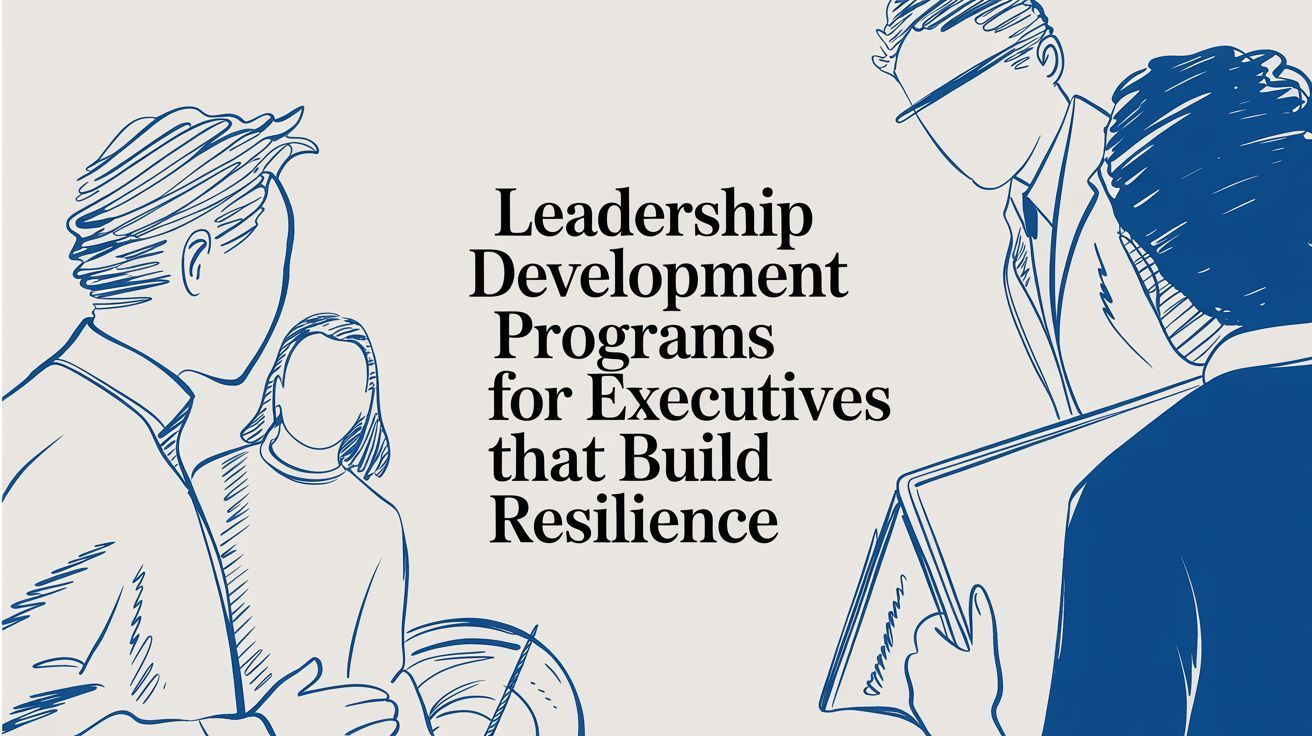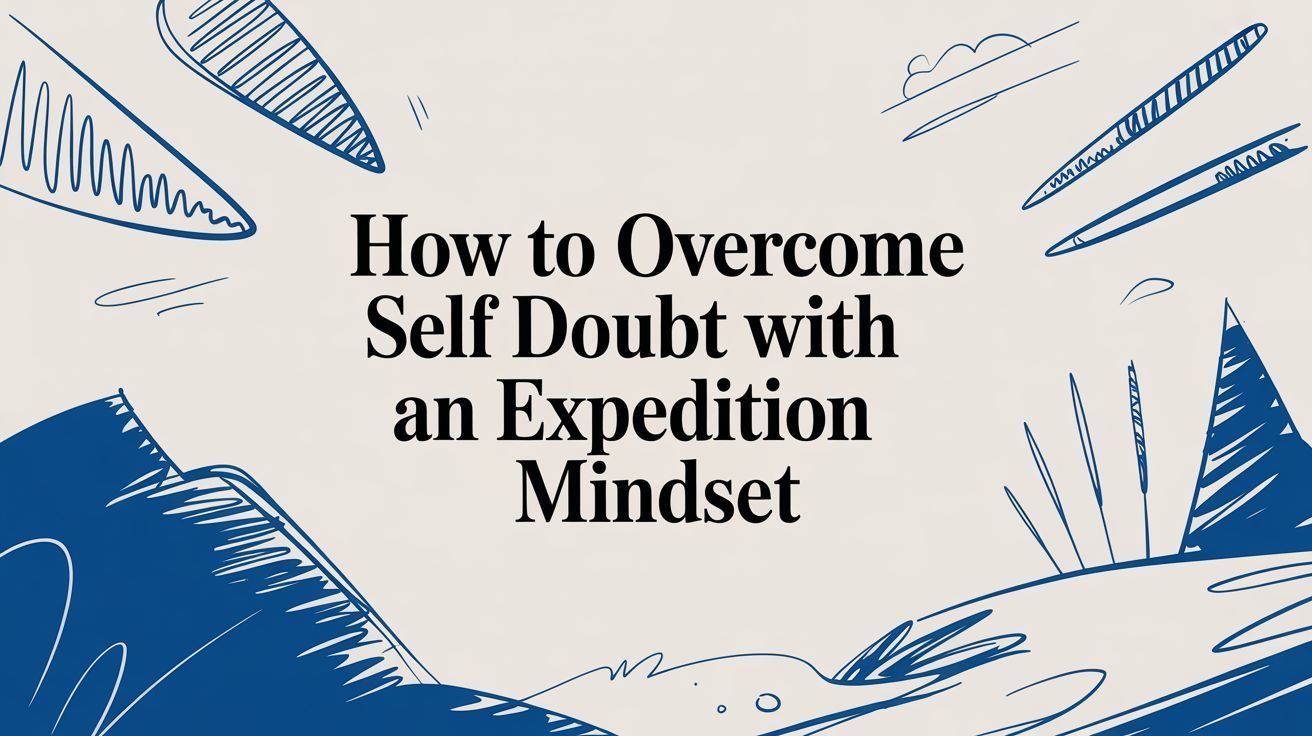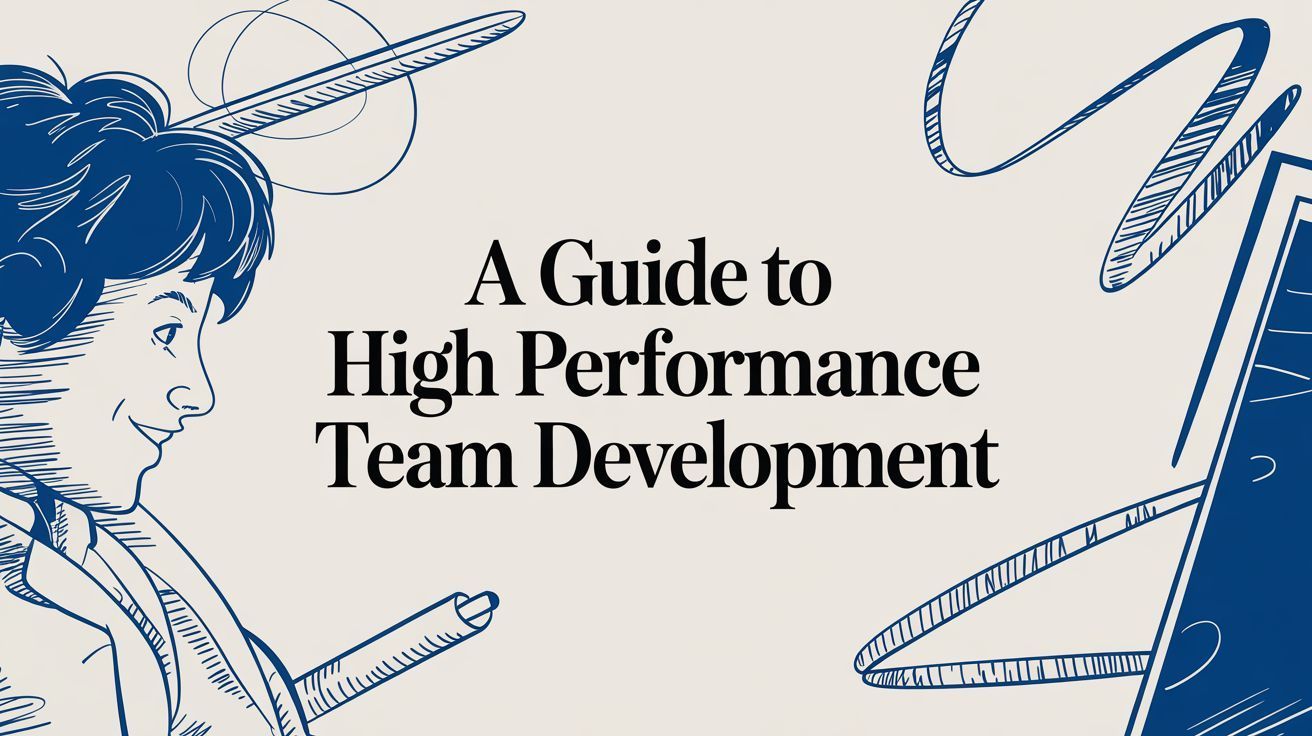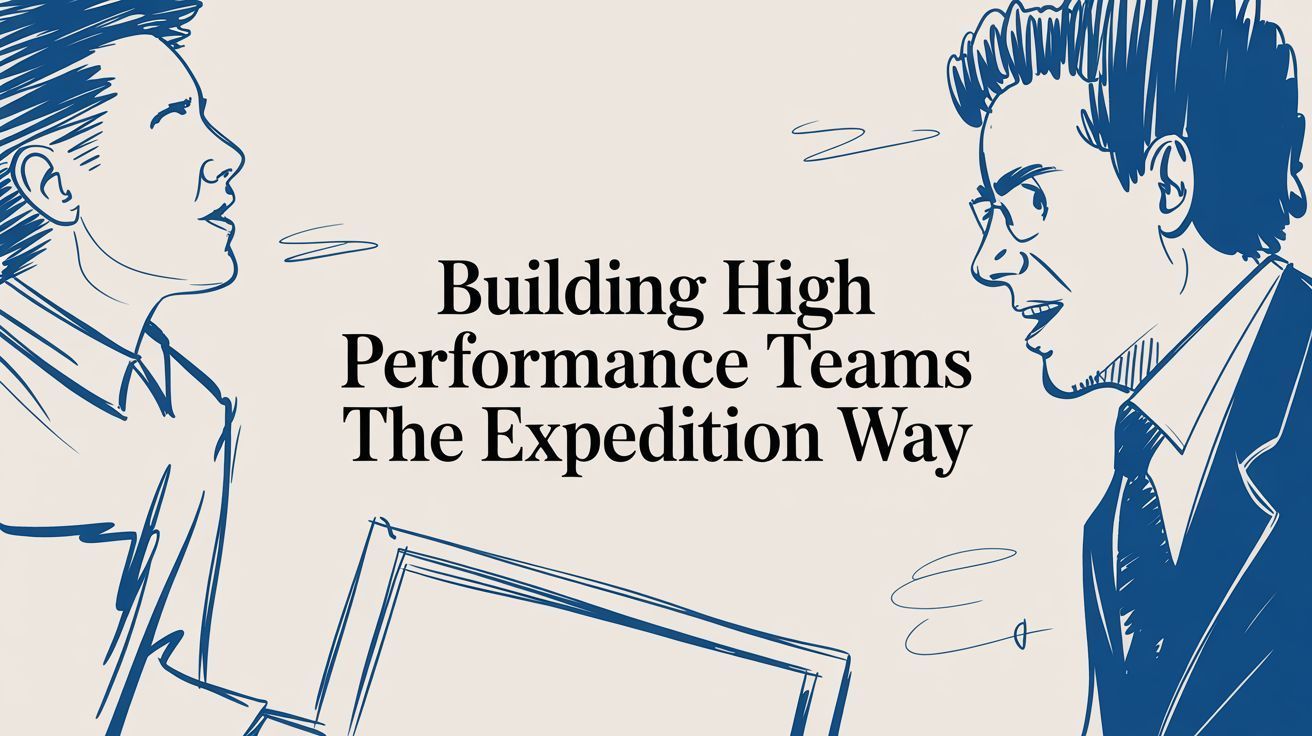Inside Planning an Expedition: The Logistics, Learning and Lessons
How careful preparation reveals as much about ourselves as the places we go.
Planning Beyond the Map
Every great expedition begins long before the first step is taken. The planning phase is more than a list of supplies and waypoints. It is a testing ground for mindset, resilience and personal transformation outdoors. From logistics to leadership, the process itself reveals our habits, assumptions and mental limits.
Planning an expedition demands both precision and adaptability. It challenges us to break through mental barriers and approach problem solving with calm determination. Done properly, it becomes a practice of clarity, responsibility and self-discovery.
Logistics That Teach Resilience
At the surface level, logistics are practical: transport, food, equipment, timing and risk management. Yet each of these reveals deeper patterns of thought and behaviour. The ability to anticipate, organise and adapt under pressure directly connects to expedition confidence building and wilderness personal growth.
Key logistical elements include:
- Route planning
Navigating terrain, understanding local conditions and anticipating changes are all part of the foundation. Every route decision becomes a lesson in balancing caution and courage. - Contingency thinking
Expecting the unexpected is vital. This mindset shift through adventure helps manage discomfort and remain flexible when plans unravel. - Team dynamics and roles
Selecting the right people and agreeing on shared responsibilities fosters trust and reduces emotional strain later in the journey.
Planning sharpens awareness and nurtures mental freedom in nature. As decisions become clearer, so too does confidence.
Learning to Let Go of Control
Planning reveals our desire for certainty. But true preparation involves making peace with unpredictability. Every expedition involves moments that cannot be controlled. Weather shifts, navigation errors or group fatigue will test the limits of comfort.
This is where personal discovery expeditions begin. Control gives way to acceptance. In these moments, fear breakthrough through travel becomes possible. When the plan bends or breaks, we must rely on creativity and calm rather than rigid structure.
Expedition planning, then, becomes a dance between structure and spontaneity. It teaches us to value preparation without becoming attached to outcomes.
Lessons That Last Beyond the Journey
Planning an expedition is a mirror. It reflects how we respond to challenge, where we over-prepare and where we overlook. It teaches us that personal growth does not always wait until the summit. Often, it happens in the spreadsheet, the team call or the kit check.
Some enduring lessons include:
- Responsibility fosters clarity
When every decision carries weight, we learn to think clearly under pressure. - Details reveal mindset
How we approach checklists, research and briefings often mirrors our wider beliefs about success and failure. - Preparation creates freedom
The more we prepare, the more we can improvise. Confidence through adversity becomes possible when the basics are secure.
These lessons continue long after the expedition ends. They shift how we approach leadership, teamwork and decision making in daily life.
The Mind Behind the Map
Beneath every well planned expedition is a shift in perspective. It is not simply about having a route, a pack or a plan. It is about cultivating inner strength, self-awareness and trust in the unknown.
Pole to Pole mindset change begins not on the snowfield but in the quiet, thoughtful hours of preparation. With every piece of gear considered, every contingency weighed and every route visualised, we inch closer to who we can become.
Conclusion
Inside planning an expedition lies far more than logistics. It is an education in mindset, resilience and leadership. Through the act of preparing, we challenge our self-limiting beliefs, grow more aware of our thinking patterns and practise the art of calm under pressure. The journey before the journey is where transformation often begins. With every lesson learned in planning, we arrive better prepared for the unknown within ourselves.

